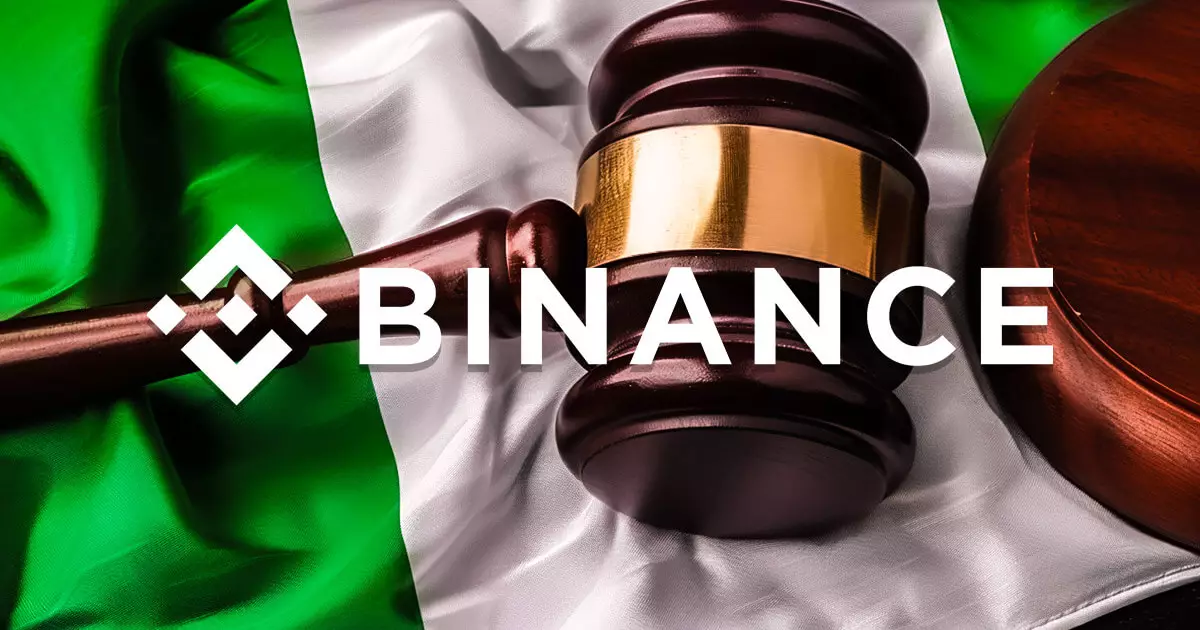Olubukola Akinwumi, the deputy director of the Central Bank of Nigeria (CBN), recently accused Binance of engaging in activities reserved for authorized banks and financial institutions. This accusation was made during his testimony in a lawsuit filed by the Economic and Financial Crimes Commission (EFCC) against Binance and its executive, Tigran Gambaryan. Akinwumi’s testimony highlighted how Binance allegedly facilitated transactions in violation of the CBN’s rules, allowing Nigerian users to use pseudonyms to conduct financial transactions on its platform.
Akinwumi further explained that Binance’s peer-to-peer (P2P) platform enabled users to transact directly, facilitating the transfer of the Nigerian fiat currency, Naira. He emphasized that these activities were against the CBN’s regulations, which mandate the disclosure of true identities in financial transactions. Despite the scrutiny from the government, Binance had initially allowed Nigerians to deposit and withdraw Naira from the platform using a ‘cash link.’ However, such activities are regulated by the CBN, and Binance does not hold a license as a payment service provider from the CBN.
Legal Consequences and Regulatory Changes
Following Akinwumi’s testimony, it was revealed that Binance had discontinued its P2P feature for Nigerians in response to government oversight. This move came after Nigeria’s crackdown on crypto service providers, prompted by the National Security Adviser (NSA) declaring crypto trading a national security threat. The changing regulatory landscape in Nigeria has seen shifts in the country’s approach to cryptocurrencies, with the CBN lifting a two-year ban on crypto transactions in late 2020. Additionally, the Securities and Exchange Commission (SEC) recently issued a 30-day window for crypto exchanges and digital asset traders to re-register their businesses under the new regulatory framework, warning of enforcement actions for non-compliance.
Akinwumi is scheduled to be cross-examined on July 16 when the trial resumes, raising questions about the implications of his testimony on Binance and its executive. The allegations of money laundering and regulatory violations leveled against Binance could have significant legal consequences for the company, impacting its operations in Nigeria and beyond. As the case unfolds, it remains to be seen how Binance will address these accusations and navigate the evolving regulatory landscape in the cryptocurrency industry.









Leave a Reply